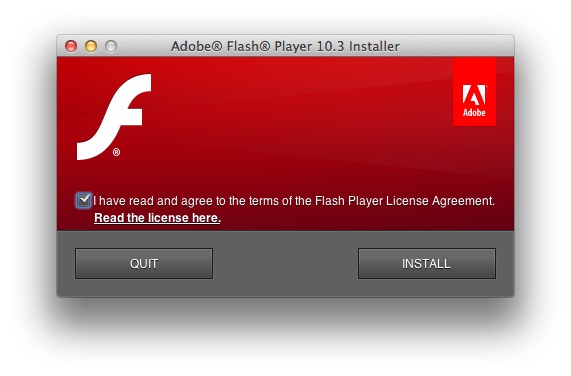Adobe Flash Deactivated On New Safari Version
Adobe Flash will be deactivated by default on the Safari 10 browser of Apple once it will be released before the end of the year. In its place, Apple will use the HTML5 technology, which has become increasingly popular in the delivery of interactive content.
Ricky Mondello of Apple revealed through a blog post that when users visit a site offering a choice of HTML5 or Flash, the browser will automatically select the former. But, when a website only offers Flash, users will be asked to enable the plug-in of Adobe. Users can also enable the plug-in each time they visit this particular site.
Flash has been a ubiquitous part of the internet in the past as it was necessary to power games, run games and stream media within browsers. But, it has been plagued with numerous security issues and takes a huge toll on the batteries of phones. Apple led the struggle against Flash as it banned the plug-in from its mobile devices and iOS software. Mozilla, Google and Microsoft have also done their part it removing the software. Website developers have also started to focus on using HTML5 in creating videos, animation and other multimedia content.

Adobe Flash Deactivated On New Safari Version - image credit: cnet.com
Firefox of Mozilla blocks older versions of Flash, which are potentially unsecure. It also offers an option for users to activate the software manually. The Chrome browser of Google blocks all Flash content on nearly all sites while Flash content not essential to a webpage is automatically paused by the Windows 10 Edge browser of Microsoft.
On the other hand, the latest Safari version will act as if the plug-in is not installed on the Mac, which means it will communicate to websites using both technologies that it will only use HTML5. Mondello indicated that the new policy is applicable to all websites.
The latest standards includes most of the functionality required to support interactive and rich media experiences that previously required the use of legacy plug-ins like Flash. Performance, security and battery life are highlighted by the Webkit browser engine of Safari. In addition to Flash, QuickTime, Silverlight and Java were also included in the list of plug-ins that will not be used automatically on the new Safari browser.